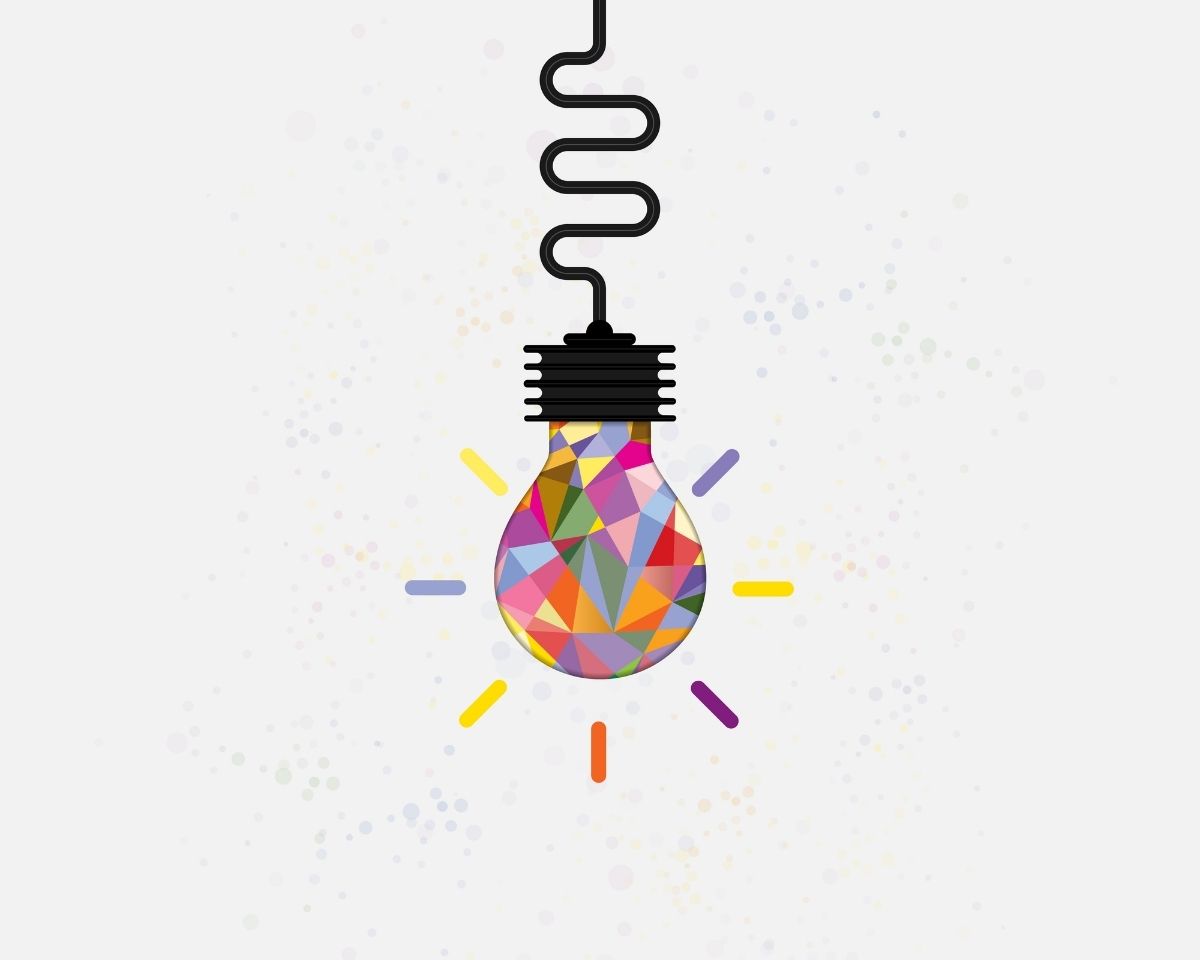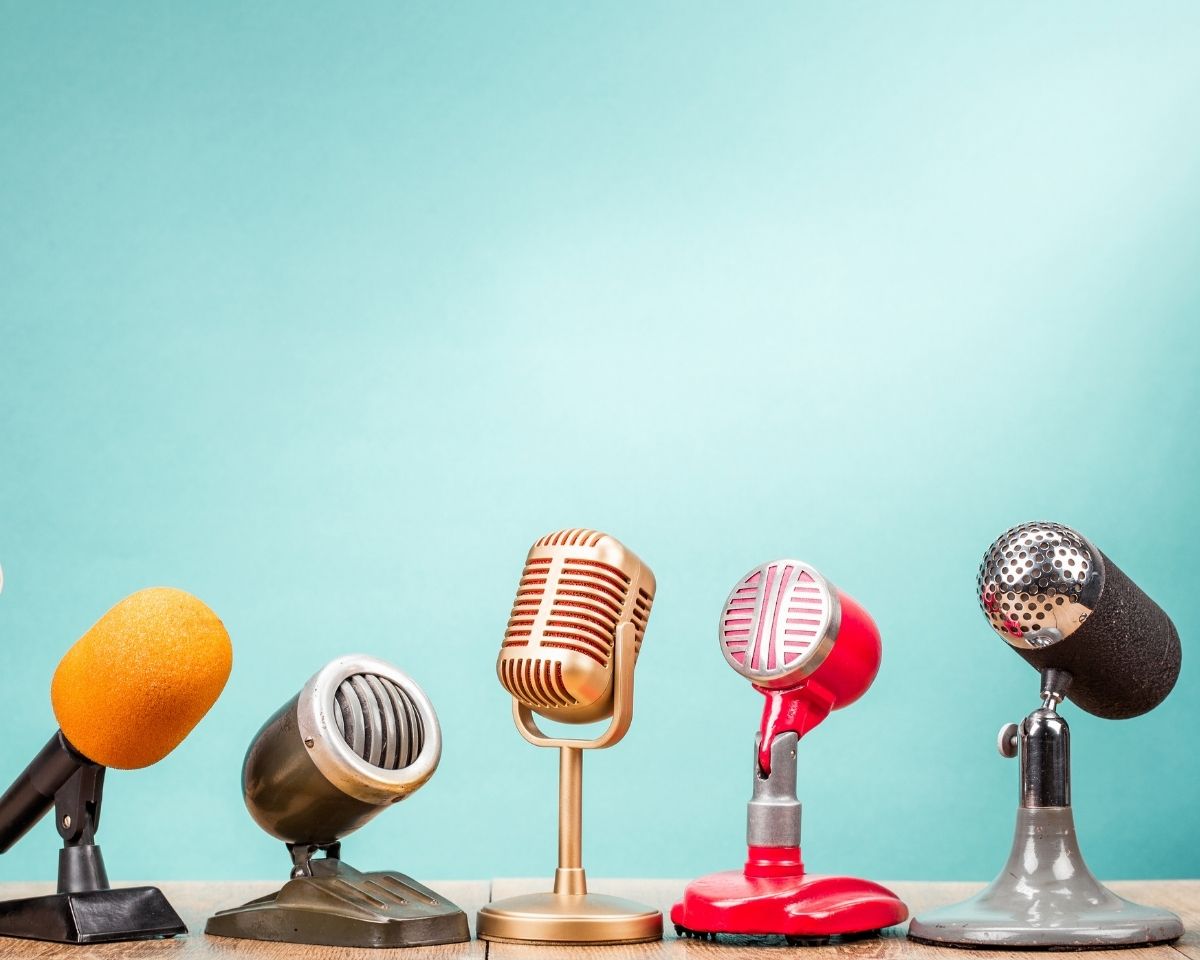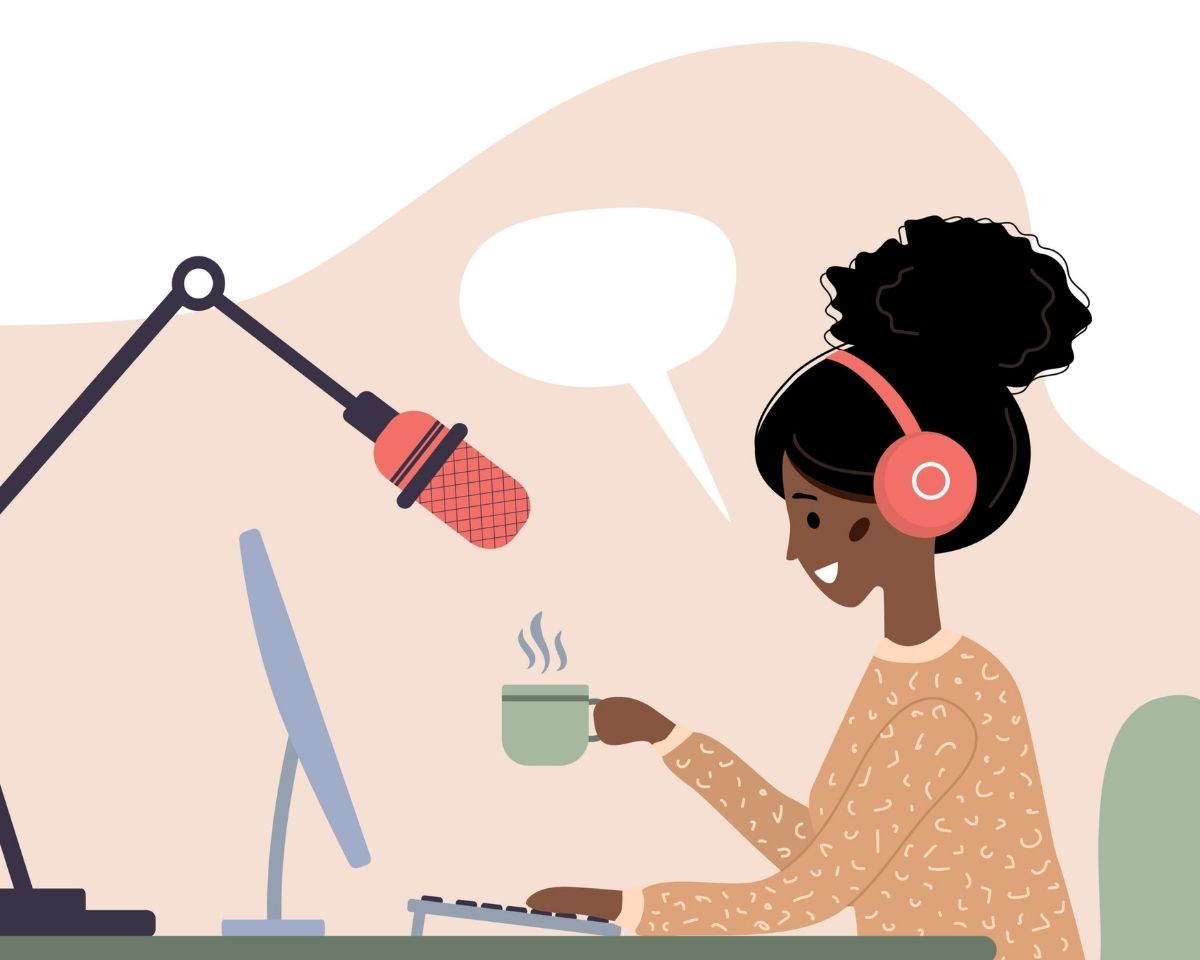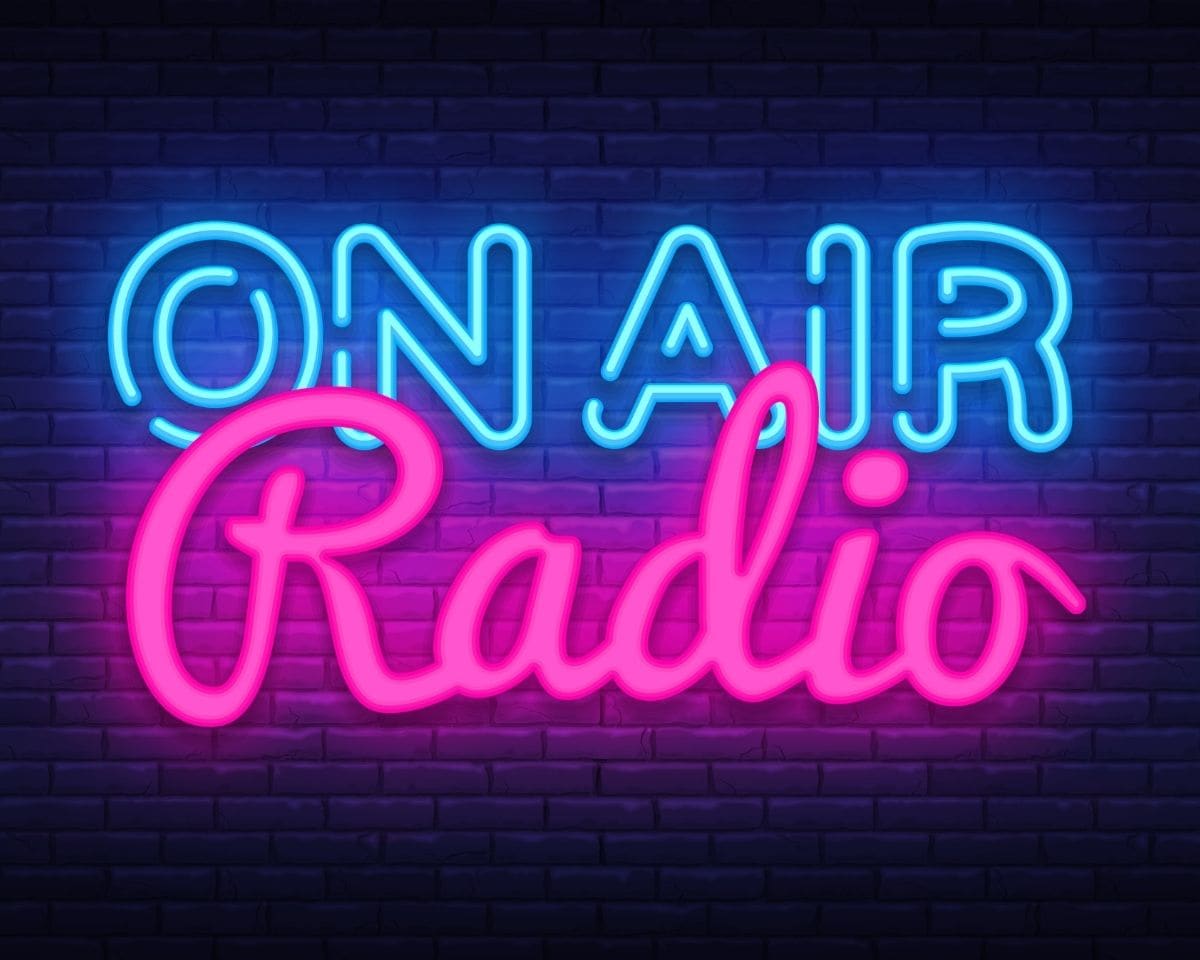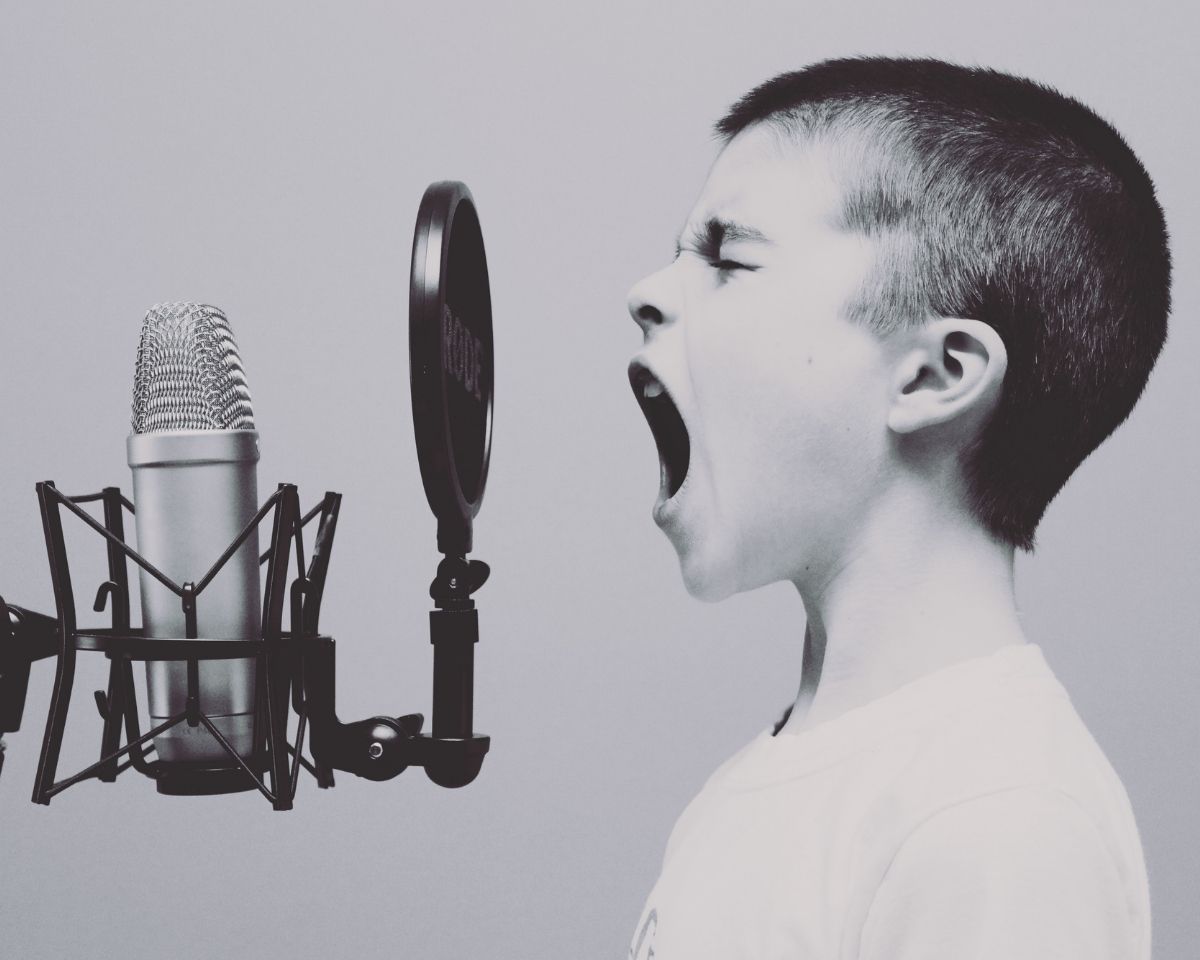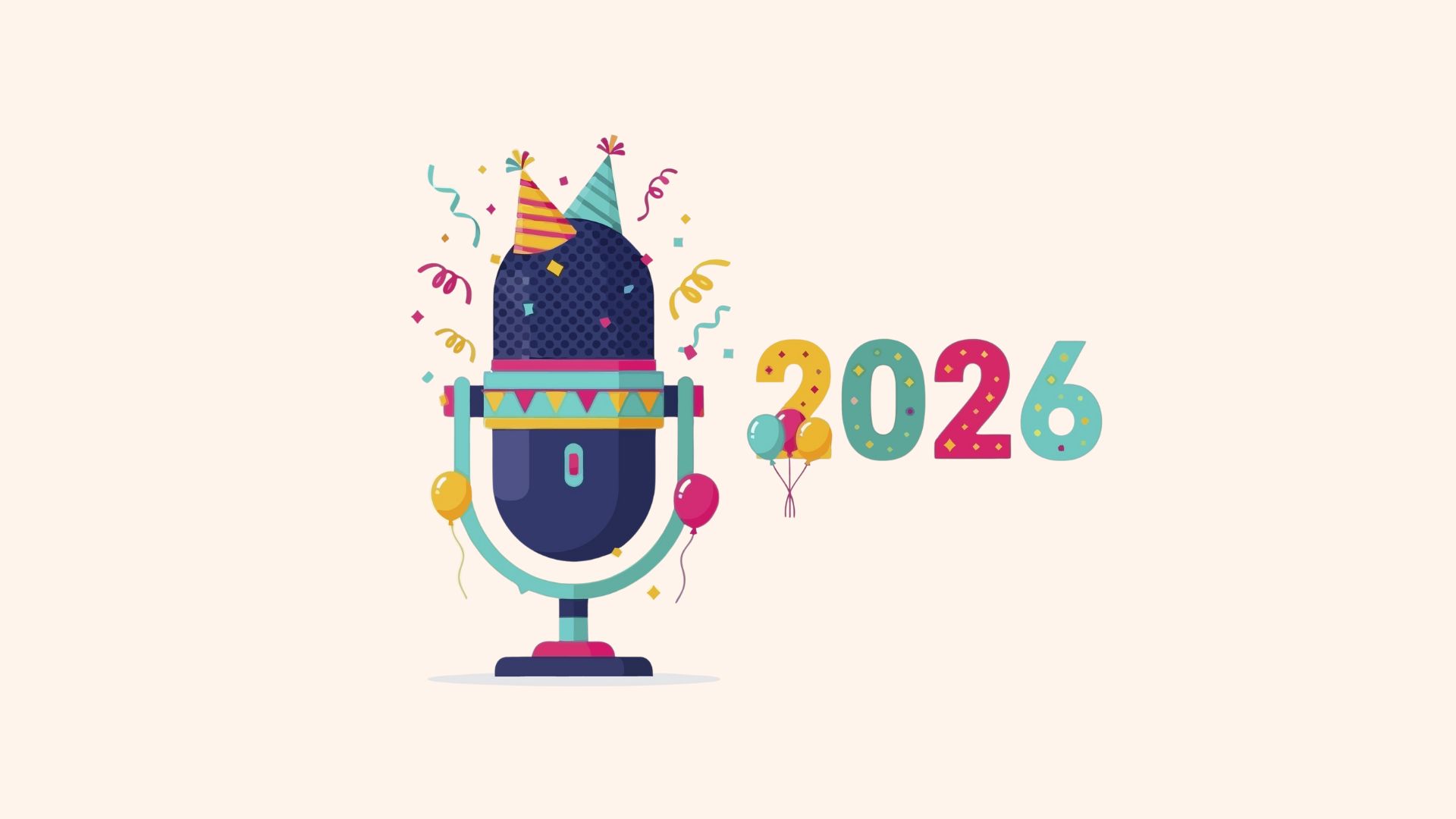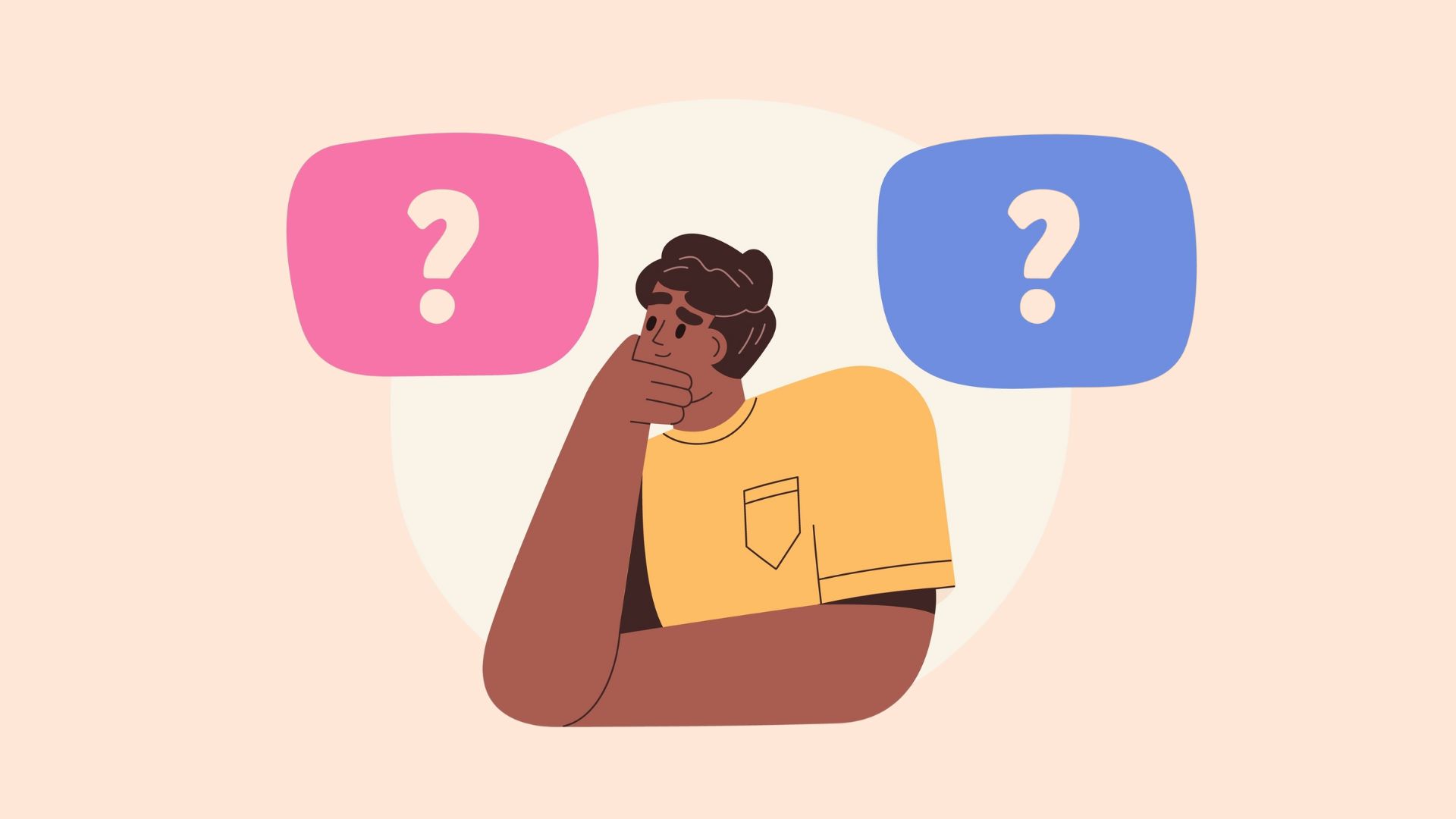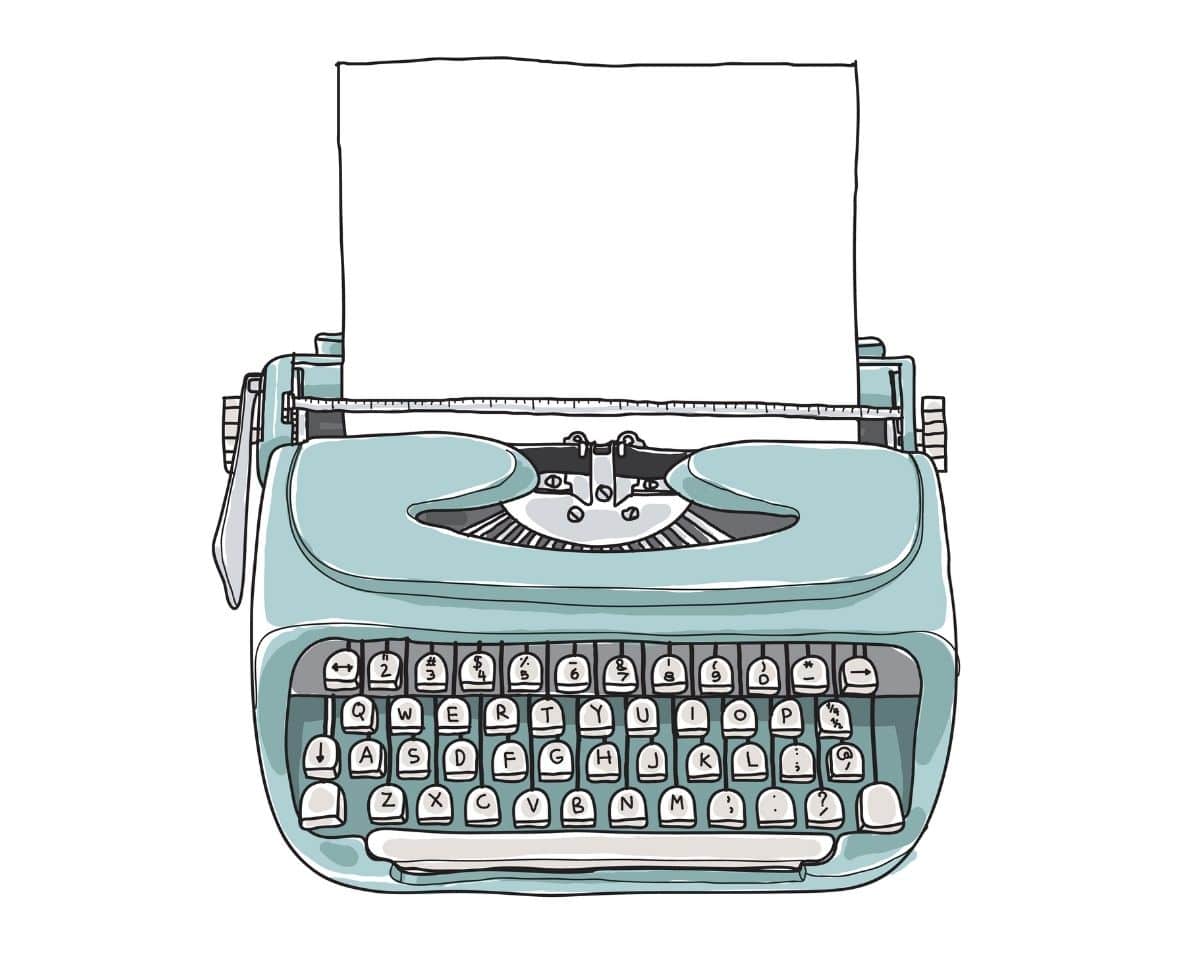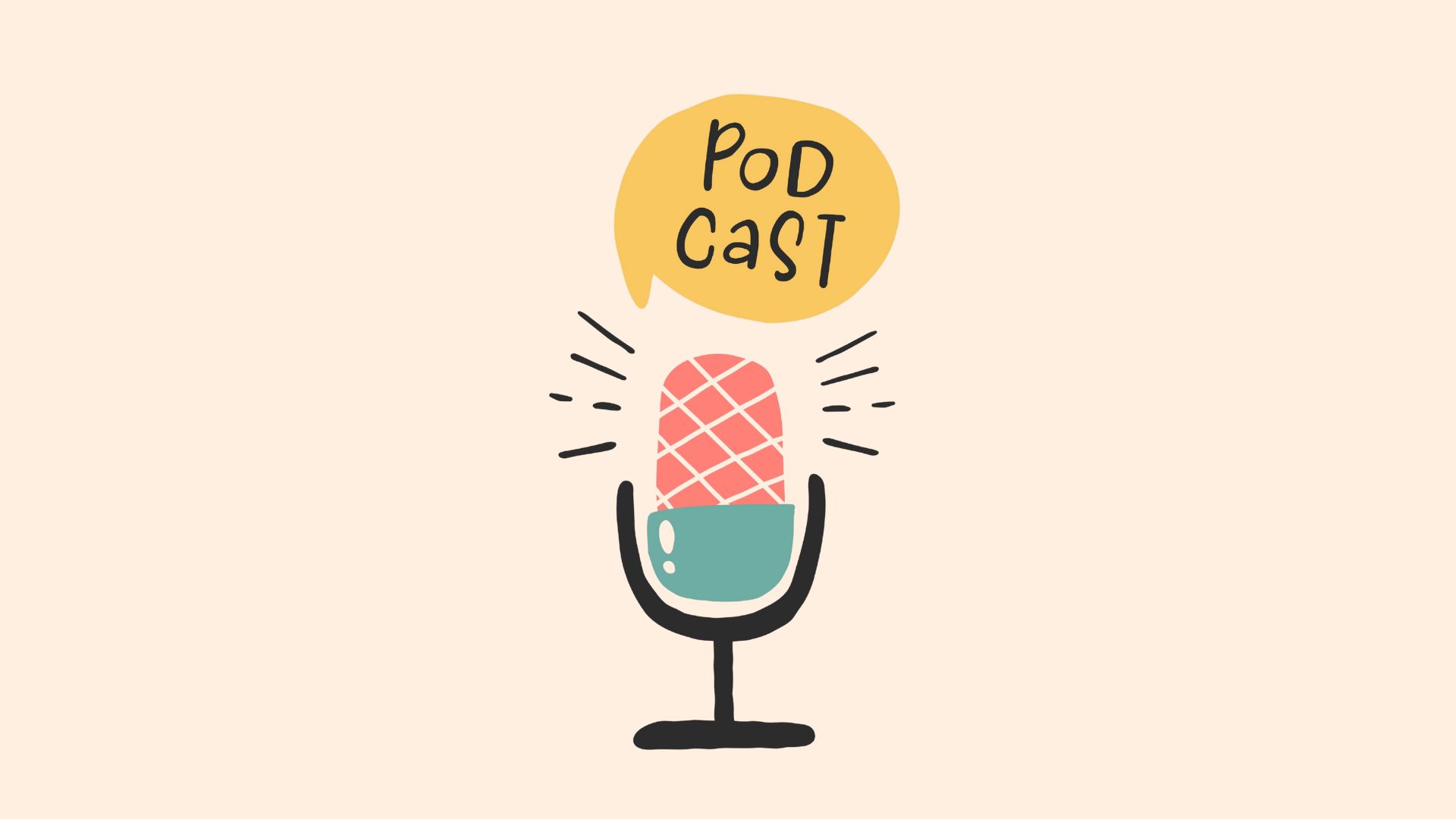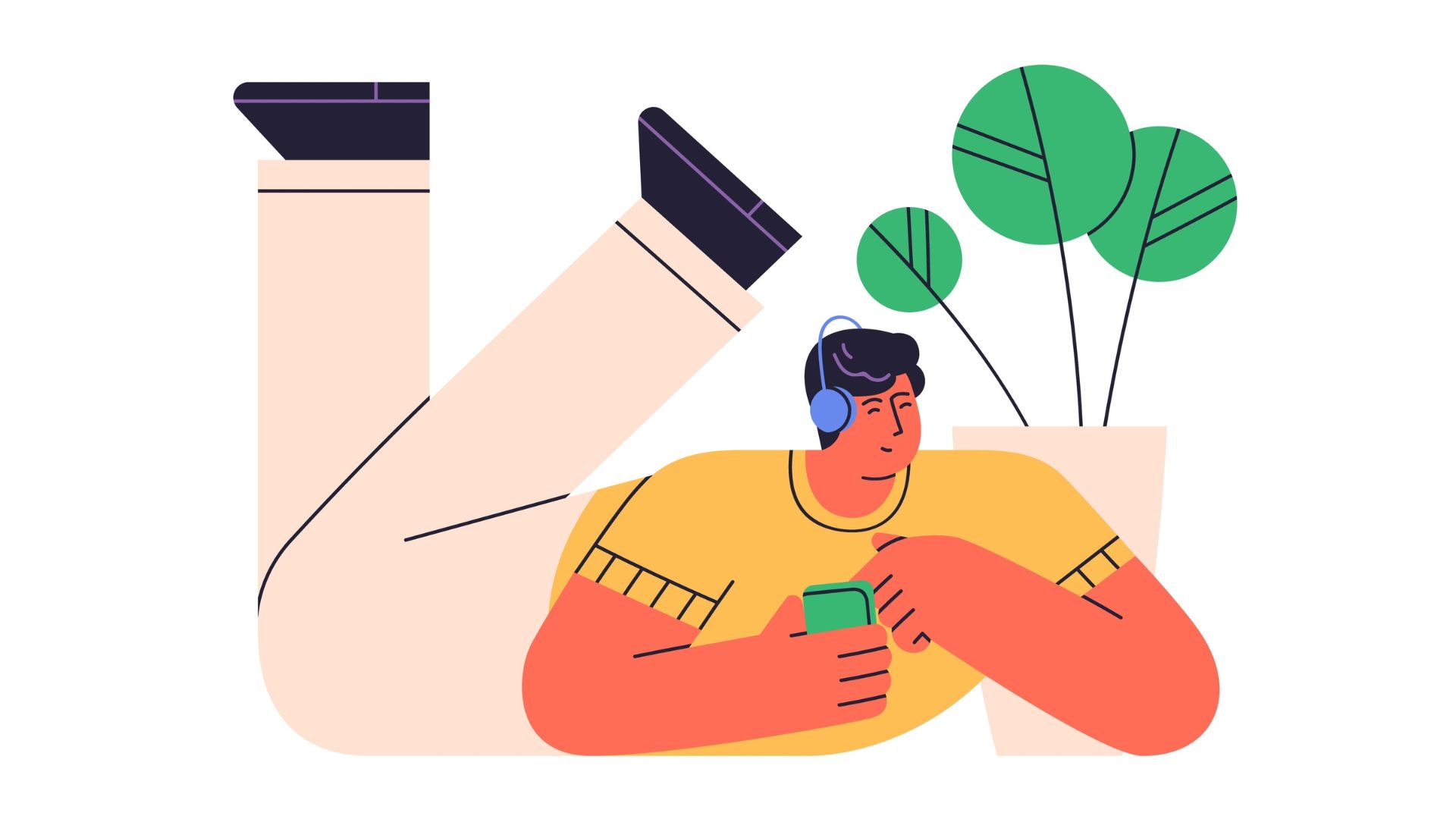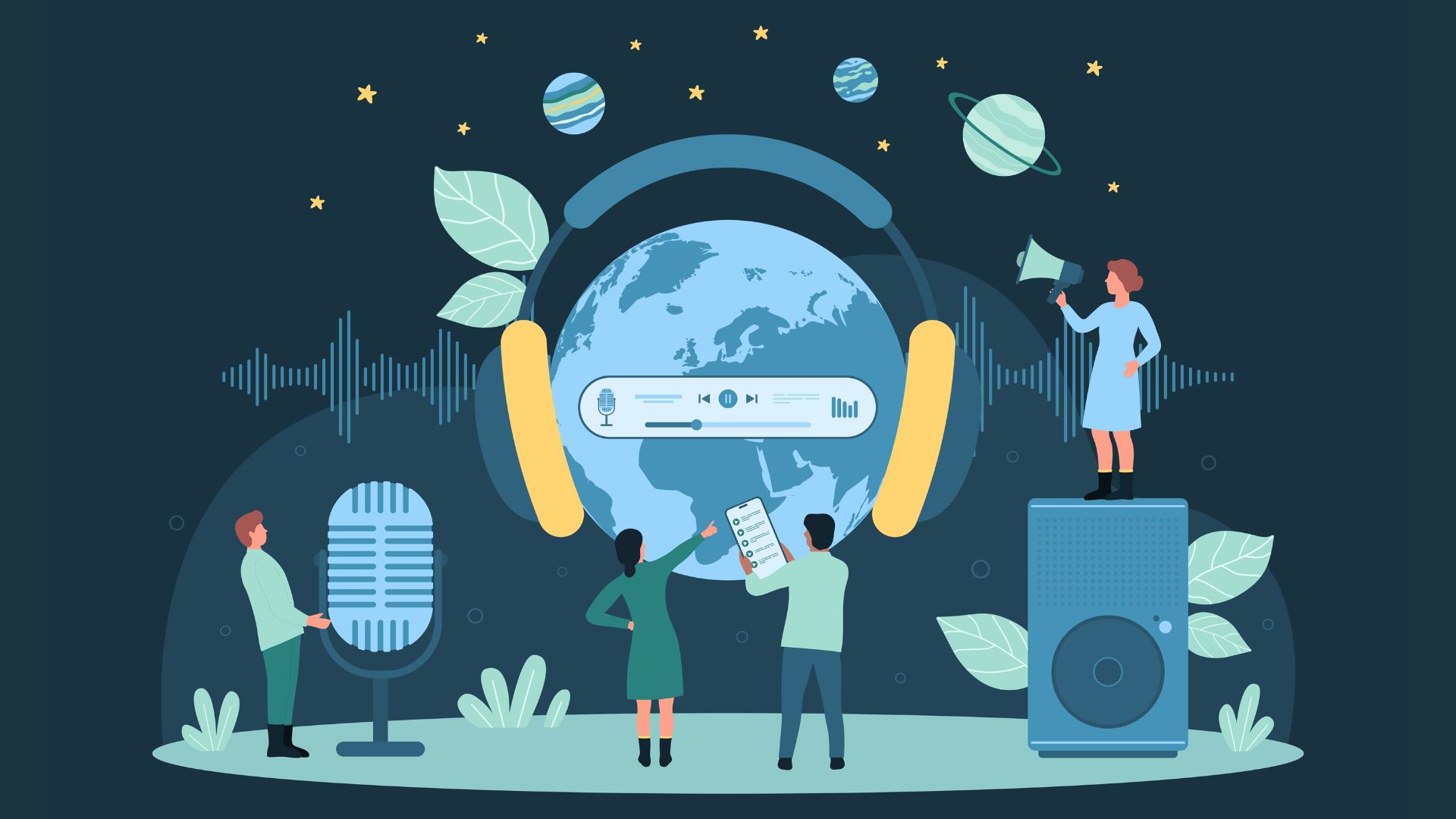Let’s bust a few podcasting myths
Starting a podcast can be daunting. Especially when the only thing you’ve pressed record on is your VCR (hello to anyone who remembers what they are).
So to put your mind at ease, here are some of the most common reasons people don’t start a podcast. And why they shouldn’t hold you back…
I can’t start a podcast because…
I can’t come up with an idea
Of course, you can! You just have to realise great creative ideas don’t materialise overnight.
They take work and you need to really think about how you can combine your passion and interests to create a show that people will want to listen to.
You also need to appreciate that some ideas need time to percolate.
I’ve had some podcasts that have taken me years to get off the ground. Not because I couldn’t get my act together but because the timing wasn’t right. Or I wasn’t quite sure about the idea yet.
Giving yourself time to sit with an idea and share it with people whose opinion you trust can make sure when you do jump into the deep end you’ll be ready to swim.
No one will want to listen to my show
Having a huge audience shouldn’t be the sole reason for doing a podcast.
Just like doing a podcast for money, if this is your only goal you’re setting yourself up for disappointment.
Not that you won’t find an audience but it can take longer than you expect and if you don’t LOVE what you’re doing there’s no way you’re not going to stick with it.
Ultimately you should start a podcast because you can’t NOT do it.
You need to be passionate about the content, super interested in the people you’re going to interview, chock full of knowledge you want to share or just keen as mustard to get your idea out into the world.
An audience will find a great podcast but the only way to create one is to love what you’re doing and to put thought and effort into the final product.
Don’t let the fear of not having enough listeners stop you from doing something you’re excited about.
Build it (properly) and they will come.
I don’t have time
Let’s be honest, we all have time for the things we want to make time for, no matter how busy we are.
You can claim you don’t have a spare minute but if someone you’ve got a crush on asks you out you’ll magic up 3 hours of uninterrupted alone time, quick smart.
Finding the space to podcast requires good time management but you also need to be honest about why you want to do it.
Are you really passionate about the idea or does it just sound like a cool thing to do?
If your reason isn’t strong enough you’ll never find the time to get started. Or if you do you’ll find it very difficult to keep going because it takes a lot of time to consistently deliver content and grow an audience.
If you really are too busy then cut yourself some slack and set a date in the future you can work towards.
Then try and use that time to plan out episodes or start recording so when you do launch you’re already ahead of yourself.
I’m bad with technology
As the daughter of a man who once asked me to “bring the Facebook over so I can have a look at it” I’m not blessed with the most tech-savvy genes.
Despite this, presenting, recording and editing audio has become second nature to me because I’ve spent half my life doing it.
It’s not innate talent or natural ability that gets you up to speed with technology, it’s practice.
If you’re an absolute beginner and don’t have a clue about what you need to get started, check out my “How To Start A Podcast” guide that takes you through options for every budget. And when it comes to editing you can learn by searching online tutorials or by enrolling in my online podcasting course, PodSchool (shameless plug).
Once you’ve got your gear and you know the basics of editing it’s all about practice.
Usually, the biggest hurdle with technology is fear so let me assure you if little Miss “can you bring the Facebook over?” genes can get a handle on it, you’ll be fine.
I don’t have a radio voice
If you want to build a relationship with your audience it’s important to sound like you.
Podcast listeners want to feel like you’re having a conversation with them, not like you’re reading a voice-over script so the more natural you can sound, the better.
If you’ve got a ‘unique’ voice that also can be an advantage.
Think about This American Life host, Ira Glass. He doesn’t have a traditional ‘radio voice’ but people LOVE him. Why? Because he’s a brilliant storyteller who comes across as authentic, genuine and engaged. And those things are WAY more important than what your voice sounds like.
If you’re passionate about your content and can connect with your audience being 100% you, that’s how you’ll build a fan base.
I don’t have any presenting experience
While it’s important to know how to use your voice, if you have a genuine passion for your content and want to share it with your listeners, the rest will come with practice.
Passion, expertise, knowledge and a willingness to connect are things you’ve either got or you don’t.
But good presenting is something you’ll get better at the more time you spend behind the mic.
And remember, you don’t have to release the first episode you record. You can practice for years until you’re comfortable dropping an episode.
So don’t feel like you have to jump into the deep end straight away when you’re starting a podcast.
Give yourself a bit of time to get comfortable and when you’re ready you can share your show with the world.
I can’t afford a home studio
When you’re starting out, you don’t need to buy the best of everything.
If you want to get started asap, you could set up a home studio for under AUD$200 (provided you already have a computer) because all you really need is a microphone, headphones and audio editing software.
When you get more experienced you can upgrade to equipment with more bells and whistles. But in the early days, you can easily bootstrap without compromising on quality.
In fact, there are a lot of things you can get without parting with any money at all.
If you’ve got earbuds that came with your phone you can use those until you’re ready to invest in something better.
For audio editing software, you can download a free program called Audacity.
Then the only thing left to worry about is a microphone and you can pick a decent one up for around AUD$100.
So if you’re thinking “should I start a podcast?” don’t let fear get in your way.
Have faith that things will get easier and remember that practice makes perfect! You just have to get started.
Got a burning question you’d like answered on the podcast? Send me an email.
Want to start your own podcast but need a little help? Download my “How To Start A Podcast” guide or sign up for my online podcasting course, PodSchool.
[spp-transcript]

